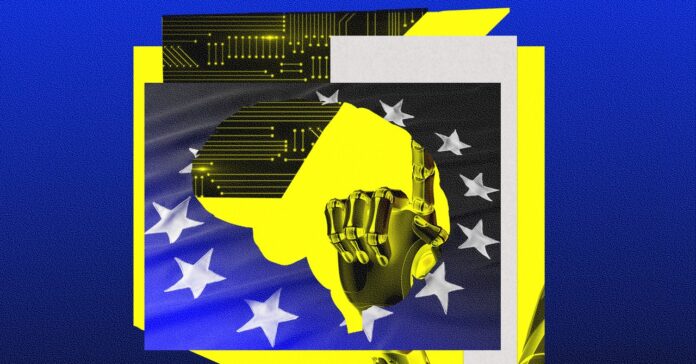In Short:
Adobe faced backlash for quietly updating its terms of service, allowing access to user content for training its generative AI, Firefly. Artists expressed concerns about potential misuse of their work. Despite Adobe’s clarification, doubts remain about how user content will be used. This controversy reflects broader discussions about copyright, AI models, and the company’s market dominance in creative industries. Artists like Jon Lam and Eric Urquhart are skeptical of Adobe’s assurances.
Adobe’s New Terms of Service Update Causes Uproar
Adobe’s recent update to its terms of service in February caused concerns among users as it mentioned accessing their content through automated and manual methods for the purpose of improving services and software using machine learning.
Clarification from Adobe
Following the backlash, Adobe released a clarification stating that they will not train AI on user content stored locally or in the cloud. Users were also given the option to opt-out of content analytics.
Intellectual Property Concerns
The ambiguity in the updated terms raised skepticism among artists, with instances of alleged unauthorized use of their work by Adobe generating AI models. This led to a larger discussion on the company’s market influence and threats to artists’ livelihoods.
Historical Precedents
Similar cases of non-consensual use of copyrighted work by generative AI models have occurred in the past, prompting legal actions against companies involved in such practices.
Adobe’s Dominance and Ethical Concerns
As a long-standing industry standard, Adobe’s dominance in creative software has raised questions about the ethical training of its generative AI model, Firefly. Some contributors have criticized Adobe for training Firefly without explicit consent.





